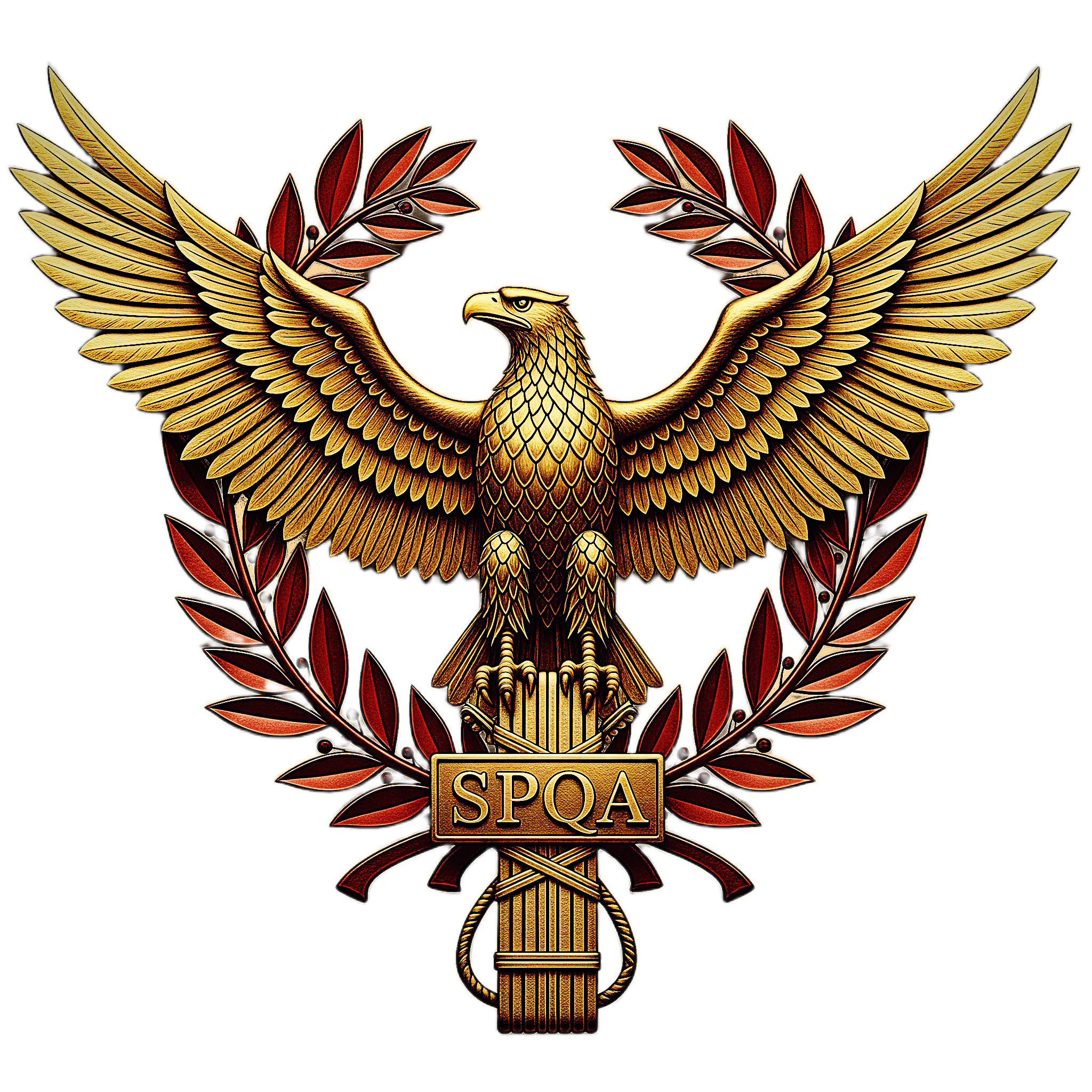The Comes Consistorii
The Emperor's Court: The Comes Consistorii
While the Senate debates the laws and the Prefects manage the machinery of state, the true social and cultural heart of the Empire resides within the Imperial Palace, in the circle of companions and advisors known as the Comes Consistorii (The Companions of the Council). This is not a formal body of governance, but the Emperor's personal court. Its members are not ambitious politicians climbing the Cursus Honorum, nor are they the deadly operatives of the Sacred Retinue. They are trusted friends, brilliant minds, and skilled masters of their craft, chosen by the Emperor for their loyalty, talent, and companionship. Their power comes not from imperium, but from proximity and influence, making them some of the most sought-after figures in the capital.
The First Friend: A Role Above All Others
- Comes Proximus (The Proximate Companion) There is no higher honor within the court than to be named Comes Proximus. This is not an administrative office; it is the formal recognition of a sacred bond. The Comes Proximus is the Emperor's First Friend, his most trusted confidant, and his personal sounding board. They are the one person who can speak to the Emperor with absolute candor, free from the formalities of state. While they hold no official power to command, their influence is unparalleled, as every powerful figure in the Empire knows that the surest way to the Emperor's true mind is through the ear of his closest friend.
The Offices of the Pen: Keepers of Knowledge & Legacy
- Curator Epistularum (Curator of Letters) The Imperial Secretary is the gatekeeper of all written communication to the throne. They manage the Emperor's vast correspondence, sorting through official reports, diplomatic communiques, and the endless petitions from citizens. They have the immense responsibility of deciding which documents are worthy of the Emperor's limited time, and they often draft replies on his behalf. They are a keeper of secrets, a master of schedules, and a powerful filter through which the entire Empire must speak to its sovereign.
- Magister Memoriae (Master of Memory) The Imperial Historian is charged with the sacred duty of crafting the official narrative of the Emperor's reign. They are the author of the state's story, the archivist of its triumphs, and the guardian of its legacy. The Magister Memoriae conducts interviews with returning generals, composes the biographies of great Romans, and maintains the Imperial Archives. Their work ensures that the glory of SPQA and its Emperor will be remembered for all time, making them a powerful shaper of public perception and history itself.
- Praeceptor Aulae (Tutor of the Court) The education of the next generation is a paramount concern. The Praeceptor Aulae is the esteemed scholar and philosopher appointed by the Emperor to oversee the education of the Imperial children, his wards, or the offspring of his most trusted companions. They are responsible for instilling the principles of the Covenant, the histories of Rome, and the arts of rhetoric and leadership into the minds of those who may one day rule.
The Offices of Ceremony & Leisure: Masters of the Imperial Life
- Procurator Ludorum (Procurator of the Games) While the Aediles provide games for the masses, the Procurator Ludorum curates the far more exclusive and spectacular entertainments of the Imperial Court. They are the Master of Revels, responsible for planning Triumphal feasts, private gladiatorial contests, theatrical performances, and lavish state receptions. Their work is a constant display of the Empire's wealth and cultural vibrancy, and an invitation to one of their events is the most coveted social prize in the capital.
- Magister Venationis (Master of the Hunt) The hunt is both a cherished pastime and a vital martial exercise for the Roman elite. The Magister Venationis is the expert huntsman responsible for organizing the Emperor's grand hunts. They manage the Imperial stables, the kennels of prized hunting dogs, and the vast game reserves. They are masters of tracking, terrain, and the proud traditions of the chase, providing the Emperor and his court with both thrilling sport and a connection to the primal virtues of the wild.
The Roving Commission: The Emperor's Eyes Abroad
- Legatus Excursor (The Roving Legate) When the Emperor requires information unfiltered by a governor's political agenda or a general's pride, he dispatches his Legatus Excursor. This is not a diplomat sent to negotiate, but a trusted agent sent to see. The Roving Legate is a fact-finder, traveling to distant provinces, frontier forts, or allied kingdoms on the Emperor's personal authority. They observe the situation on the ground, speak with the common folk and the soldiers, and return with the unvarnished truth, making them a vital and adventurous tool of Imperial intelligence.
A Note on Holding Multiple Roles: The Emperor values talent and trust above all. It is therefore not uncommon for a single, exceptionally skilled and dedicated companion to hold more than one of these courtly titles, provided the duties are not overwhelming. A Magister Memoriae may also serve as the Praeceptor Aulae, or the Comes Proximus might also be the Magister Venationis. Such appointments are a sign of the Emperor's supreme confidence in an individual's abilities and loyalty.



